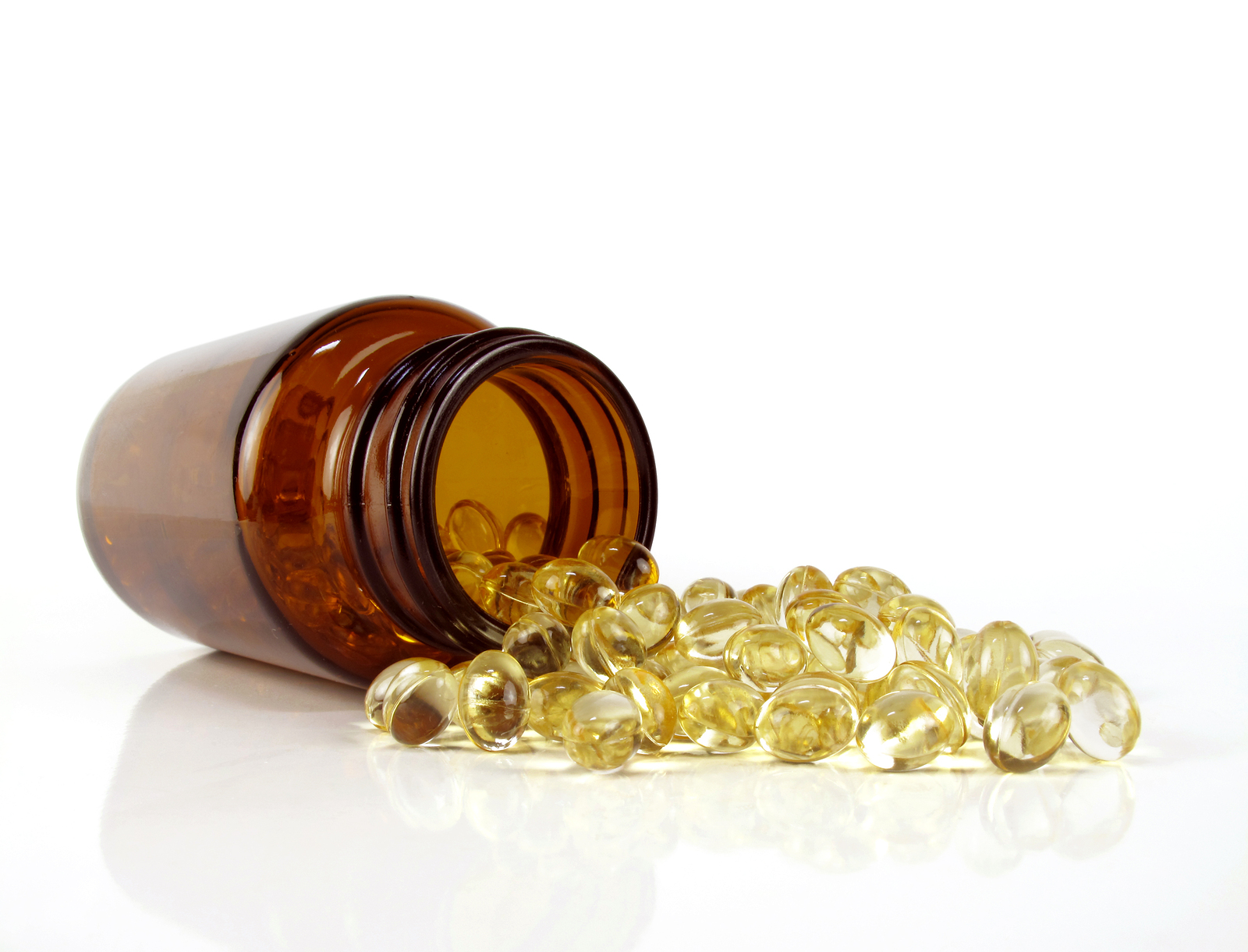Recently there has been a lot of talk about Fish Oil and its benefits.  Some people have expressed concerns about fish oil and its safety. Recent studies have also shown that fish oil may have no benefit in preventing heart attack or stroke.[1] Fish oil is a good source of Omega 3’s and has been shown to have the potential for boosting the activity of a white blood cell called a B cell, a vital part of the body’s immune response.
Some people have expressed concerns about fish oil and its safety. Recent studies have also shown that fish oil may have no benefit in preventing heart attack or stroke.[1] Fish oil is a good source of Omega 3’s and has been shown to have the potential for boosting the activity of a white blood cell called a B cell, a vital part of the body’s immune response.
“Findings show omega-3 fish oil may help to:
- Lower blood pressure
- Reduce triglycerides
- Slow the development of plaque in the arteries
- Reduce the chance of abnormal heart rhythm
- Reduce the likelihood of heart attack and stroke
- Lessen the chance of sudden cardiac death in people with heart disease”[2]
There are also side effects of taking fish oil and these include:
- a fishy taste in your mouth
- fishy breath
- stomach upset
- loose stools
- nausea
Taking more than 3 grams of fish oil daily may increase the risk of bleeding.[3] Clinical studies have shown fish oil to be safe, but it is recommended that you get no more than 2 grams (2,000 mg) of omega-3 fatty acids (EPA and DHA) from fish oil supplements per day.[4] “ConsumerLab.com’s tests of fish oil supplements have found none to contain mercury and most, although not all, to have only trace levels of PCBs (which can’t be fully avoided since PCBs are found in water everywhere).”
Other sources of Omega 3’s that come from plants are Brussels sprouts, hummus, cauliflower, chia seeds and flax seeds or flax seed oil. These can be good substitutes for people seeking a plant based diet who prefer not to use fish oil or who have concerns about possible contaminants.
It is important to understand that there is “no” magic pill that you can take to prevent a heart attack. A diet that is full of high fats and cholesterol cannot be suddenly overcome with fish oil. In order to lower your risk for a heart attack you must eat a diet high in fiber and low in cholesterol, exercise, lower your weight, monitor your blood pressure, and avoid smoking.
1n–3 Fatty Acids in Patients with Multiple Cardiovascular Risk Factors The Risk and Prevention Study Collaborative GroupN Engl J Med 2013; 368:1800-1808May 9, 2013DOI: 10.1056/NEJMoa1205409
[2] Web MD, Omega 3 Fish Oil Supplements for High Blood Pressure. http://www.webmd.com/hypertension-high-blood-pressure/guide/omega-3-fish-oil-supplements-for-high-blood-pressure
[3] Ibid Web MD
[4] Consumer Lab.com, Is fish oil safe? Is it contaminated with mercury and PCB’s ? http://www.consumerlab.com/answers/Is+fish+oil+safe+Is+it+contaminated+with+mercury+and+PCBs/03142012/
4. Ibid Consumer Lab.com

